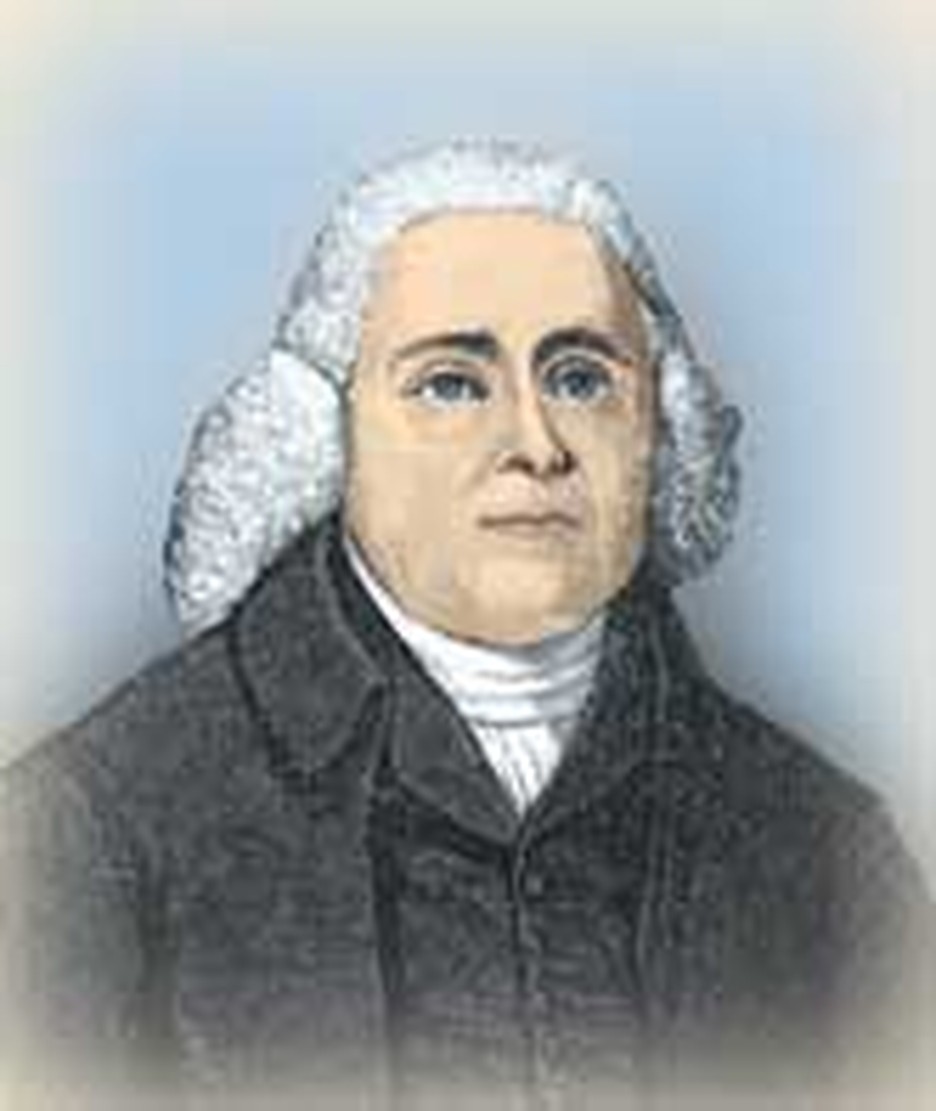
What if you asked your pastor how you could be rescued from God's wrath and he said he didn't know? That is what happened to Isaac Backus. The Great Awakening was in full swing in America. Evangelists wakened Americans to realize they needed to repent of sin, and Isaac was afraid.
When his pastor could not show him how to get right with God, Backus went about his business. For weeks he prayed desperately that God would show him how to save his soul. He felt powerless and very frightened. Peace came one morning as he mowed a field. "I was enabled by divine light to see the perfect righteousness of Christ and the freeness and riches of his grace," he later wrote.
Backus was determined that no one else should suffer as he had by not knowing how to find salvation. He studied Scripture so that he could explain to others that Jesus took our sin to the cross with him and that forgiveness is ours if we confess our sins to God, believing he is able to restore us.
People noticed the young man's zeal. Backus was about 22 when he began to preach and 24 when a little "separate" church in Middelborough, Massachusetts asked him to be their pastor. Separates were those who were converted in the Great Awakening and left the established church thinking its ministers were cold fish who knew theology but didn't know Jesus Christ.
Aware of his great responsibility, young Backus pleaded earnestly with the Lord that "he wouldn't suffer me to settle down in any snare or evil way."
Backus would have stayed with the Separates, but when he changed his views on baptism, his congregation grew cold toward him. And so, on this day, January 16, 1756, he formed the first Baptist church in Middleborough. It is as a Baptist that Backus is famous. When he was born, there were only 1,500 Baptists in New England. When he died, there were 21,000-- many of them converted through his efforts.
Backus is most famous for his long battle against taxation to supported state churches. It is wrong to force a person against their conscience, he said. "In Christ's kingdom, each one has equal right to judge for himself." His recorded the testimony of hundreds who suffered harassment because they refused to pay the religious tax. These included several members of Backus's own family, who went to jail or lost their property. Once he himself was seized by a policeman, but someone paid the tax for him. Through letters, testimony and civil disobedience, Backus forced Massachusetts to face its religious problem. He made others aware of the situation, too, riding 1,200 miles a year on horseback to inform them about it. He printed pamphlets. But separation of church and state was not achieved until after he died.
Backus also had a hand in founding America's first Baptist school of higher learning, Rhode Island College (Brown University).
Bibliography:
- Armitage, Thomas. A History of the Baptists; traced by their principles and practices, from the time of our Lord and Saviour Jesus Christ to the present. New York: Bryan, Taylor and co., 1893. SOurce of the image.
- Backus, Isaac. The Diary of Isaac Backus. Edited by William G. McLoughlin. Providence, R.I.: Brown University Press, 1979.
- "Backus, Isaac." Dictionary of American Biography. New York : Scribner, 1958 - 1964.
- Hovey, Alvah. A Memoir of the Life and Times of the Rev. Isaac Backus, A.M. Boston: Gould and Lincoln; New York: Sheldon, Blakeman, 1858.
- McLoughlin, William Gerald. Isaac Backus and the American Pietistic Tradition; edited by Oscar Handlin. Boston: Little, Brown, 1967.
- Various encyclopedia and internet articles.
Last updated May, 2007.


